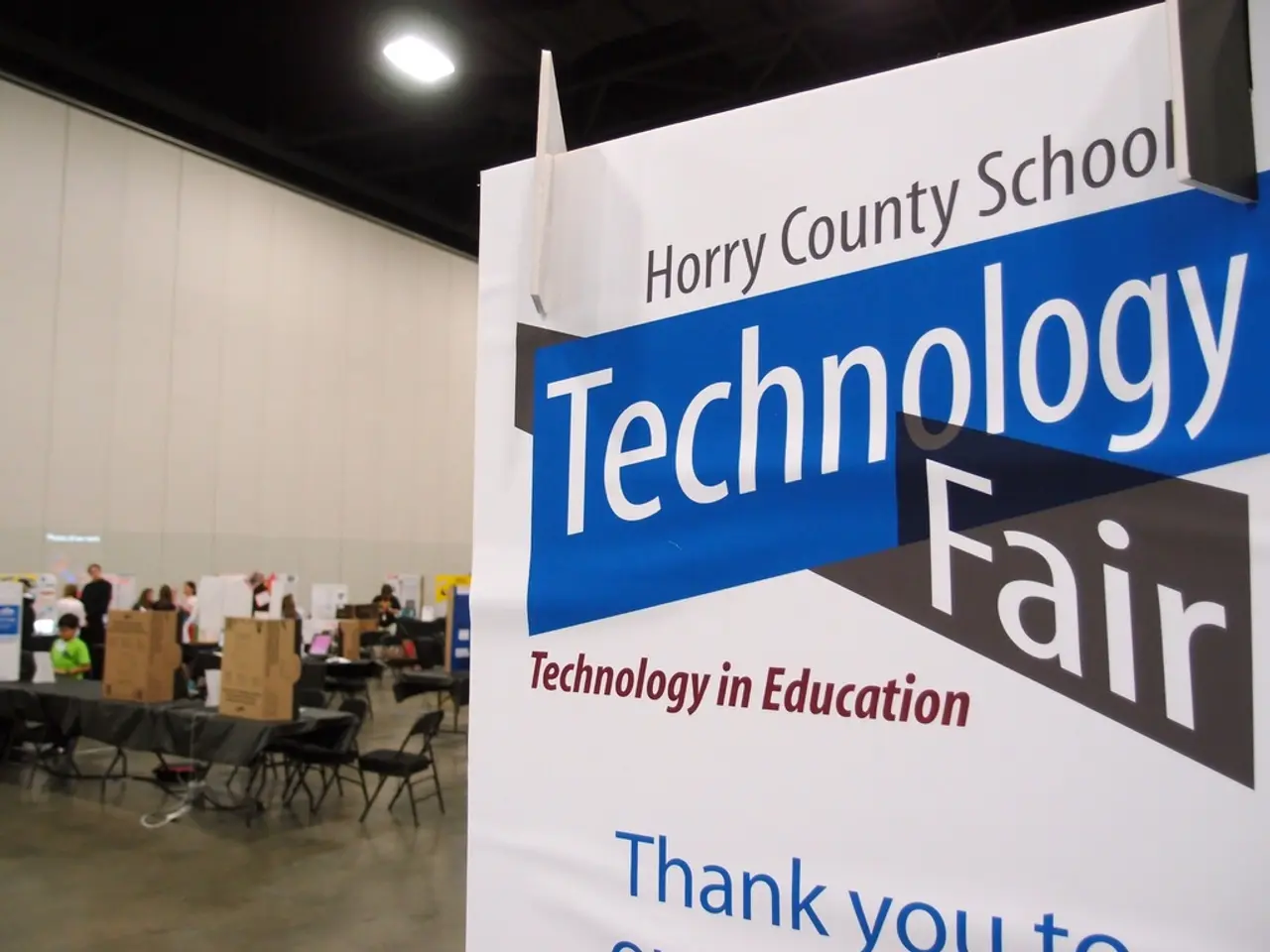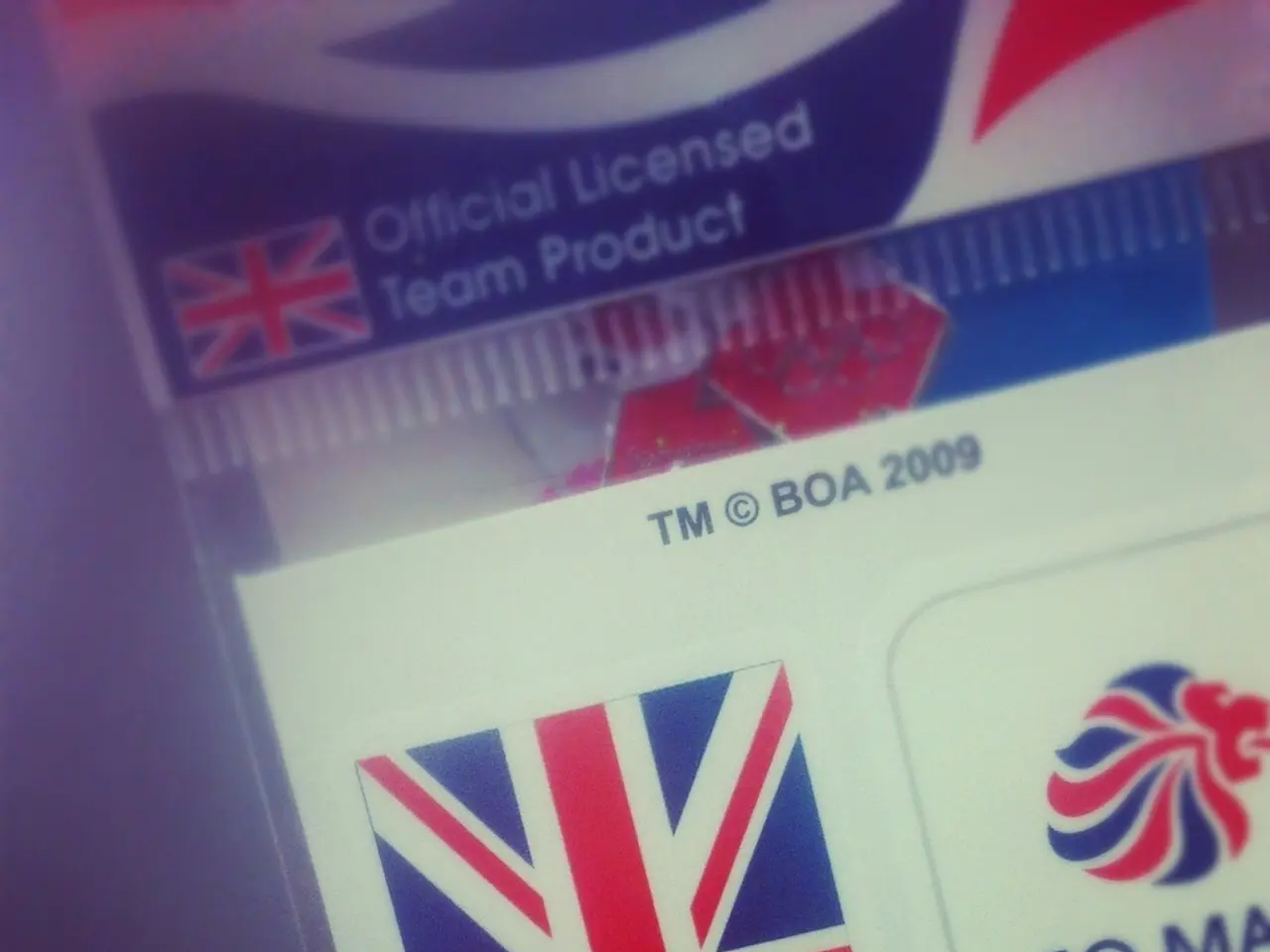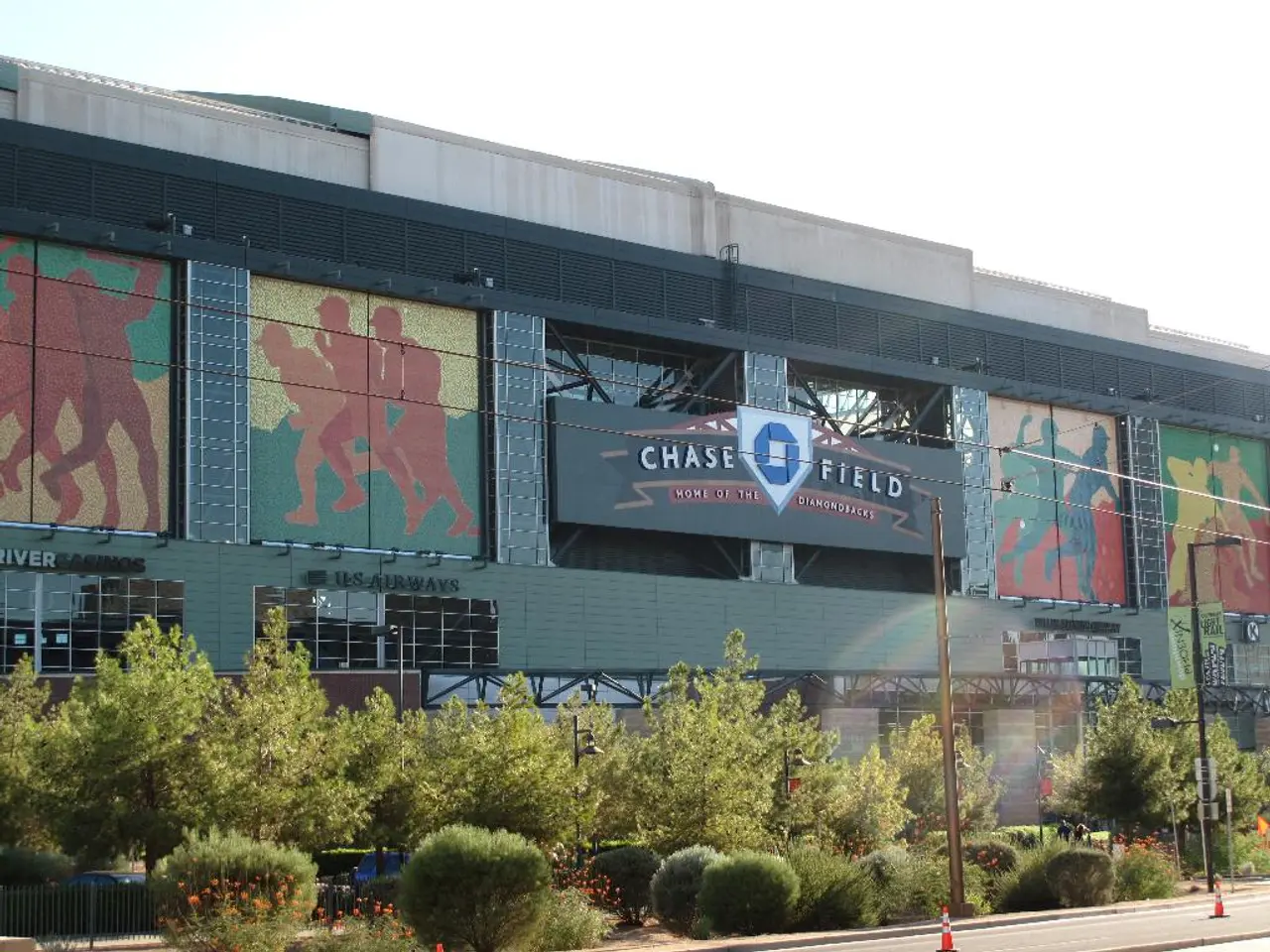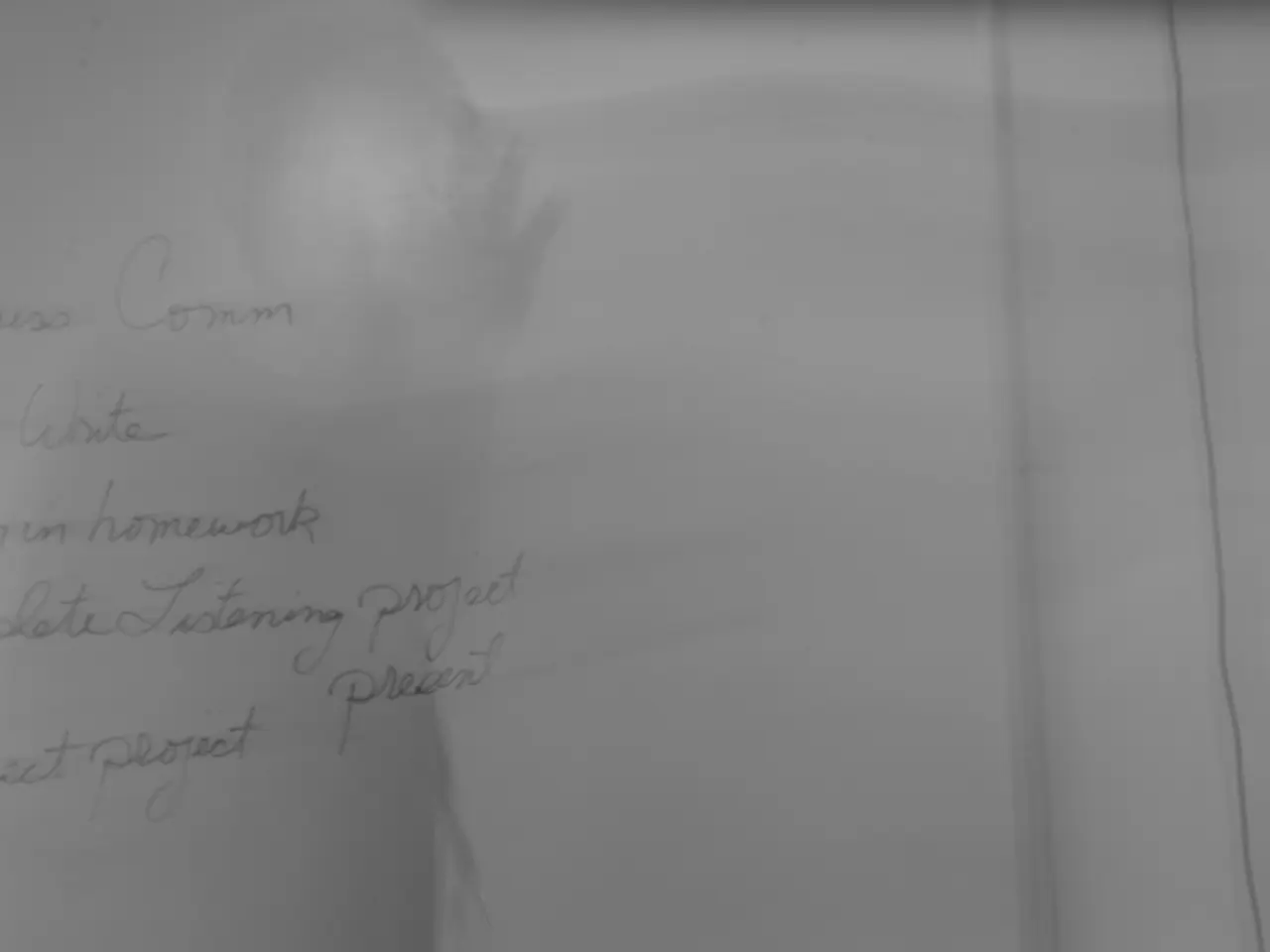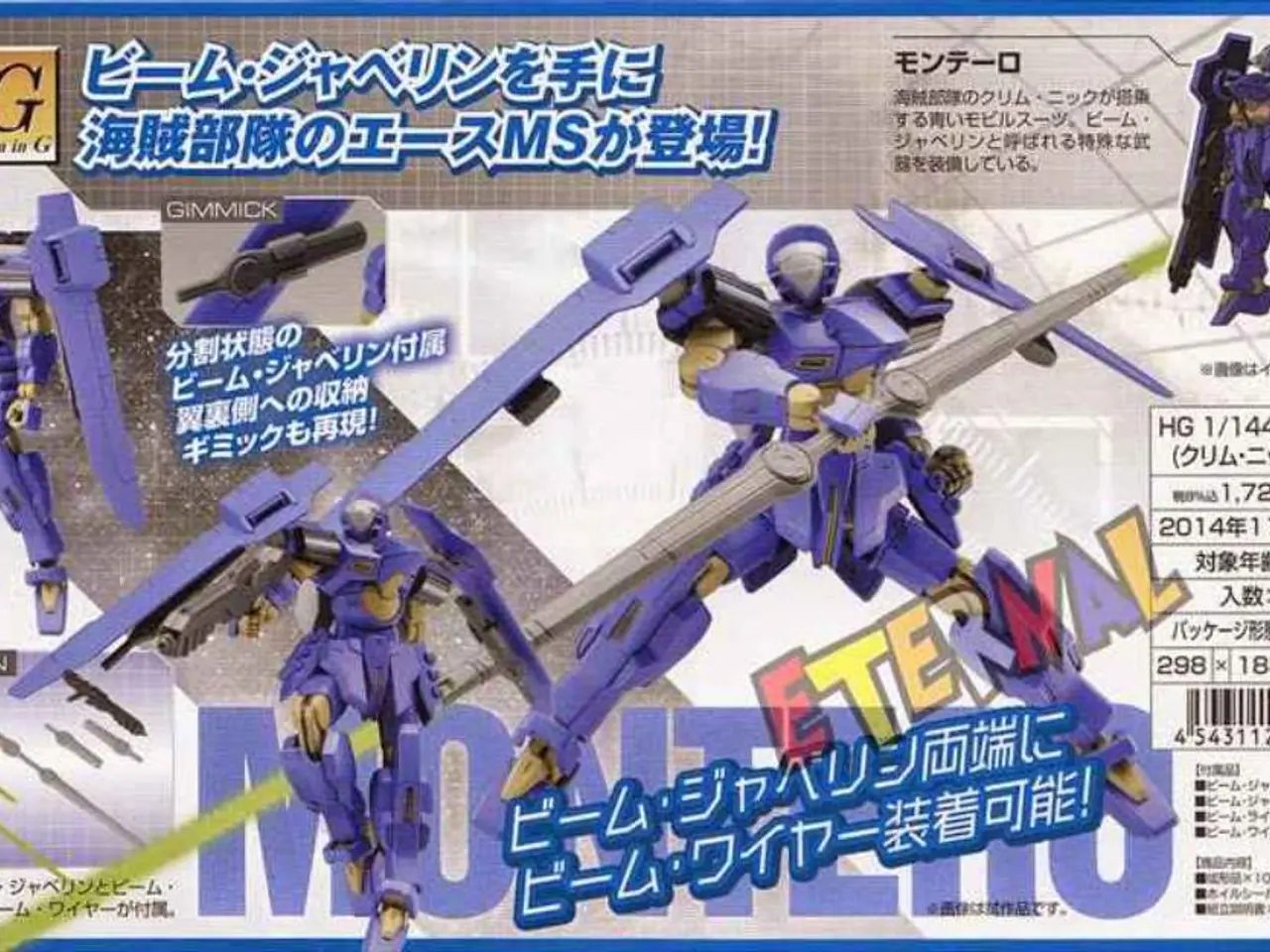City of Münster is moving forward towards smart urban development
Münster, a city in Germany, is spearheading a revolutionary initiative called "Waste-Free Neighborhoods," which forms part of the broader Smart Cities initiative. This project, presented at a recent press conference, aims to reduce waste generation and promote a circular economy through innovative technologies and community engagement.
The key elements of this project include the use of artificial intelligence (AI) to optimise waste collection routes, monitor waste levels dynamically, and provide predictive analytics for waste generation patterns. This enables more efficient resource allocation and reduces unnecessary collection trips.
Smart sharing lockers are another integral part of the project. These lockers, which will be tested in Münster's model neighborhoods—Oxford and York—facilitate the sharing and reuse of goods among residents. The lockers use IoT connectivity and AI to manage item availability and automate borrowing and returning processes, thereby reducing waste by extending the lifecycle of products.
Residents will be able to rent items they don't use daily, such as cordless drills, for a fee through these lockers. A swap and give-away function will also be available, further encouraging the sharing of resources.
The "Waste-Free Neighborhoods" project is being scientifically accompanied by the Institute for Waste, Wastewater and Infrastructure Management GmbH (INFA) to assess its effectiveness and feasibility for city-wide implementation. Early assessments indicate measurable reductions in household waste volumes due to increased reuse and sharing enabled by smart lockers and AI-supported waste sorting guidance.
The city of Münster is working towards producing only valuable resources instead of waste by 2030. The initiative is funded as part of the Smart Cities model project by the federal government, with a funding rate of 65% of the total volume of 1.5 million euros.
While detailed quantitative data for Münster's specific project is not yet available, smart city model projects like this generally demonstrate significant benefits by integrating digital technologies with community-driven sustainability efforts. They serve as examples of how urban areas can make waste management smarter, more circular, and ultimately more resource-efficient.
It is important to note that repeated instances of incorrect filling result in a red card, and the bins are no longer emptied until sorted out by the owner or a paid special collection is requested. If contaminants are found in organic waste during personal control, the corresponding bin is marked with a yellow card.
The success of the "Waste-Free Neighborhoods" project in Münster could pave the way for similar initiatives in other regions, demonstrating the potential for a more sustainable future through innovative waste management solutions.
- The "Waste-Free Neighborhoods" project in Münster utilizes technology such as artificial intelligence (AI) to optimize waste collection routes, monitor waste levels dynamically, and facilitate smart sharing lockers for the reuse of goods among residents.
- The smart sharing lockers, integrated into the "Waste-Free Neighborhoods" project, use IoT connectivity and AI to manage item availability, automate borrowing and returning processes, and contribute to a more circular economy by reducing waste and extending the lifecycle of products.
